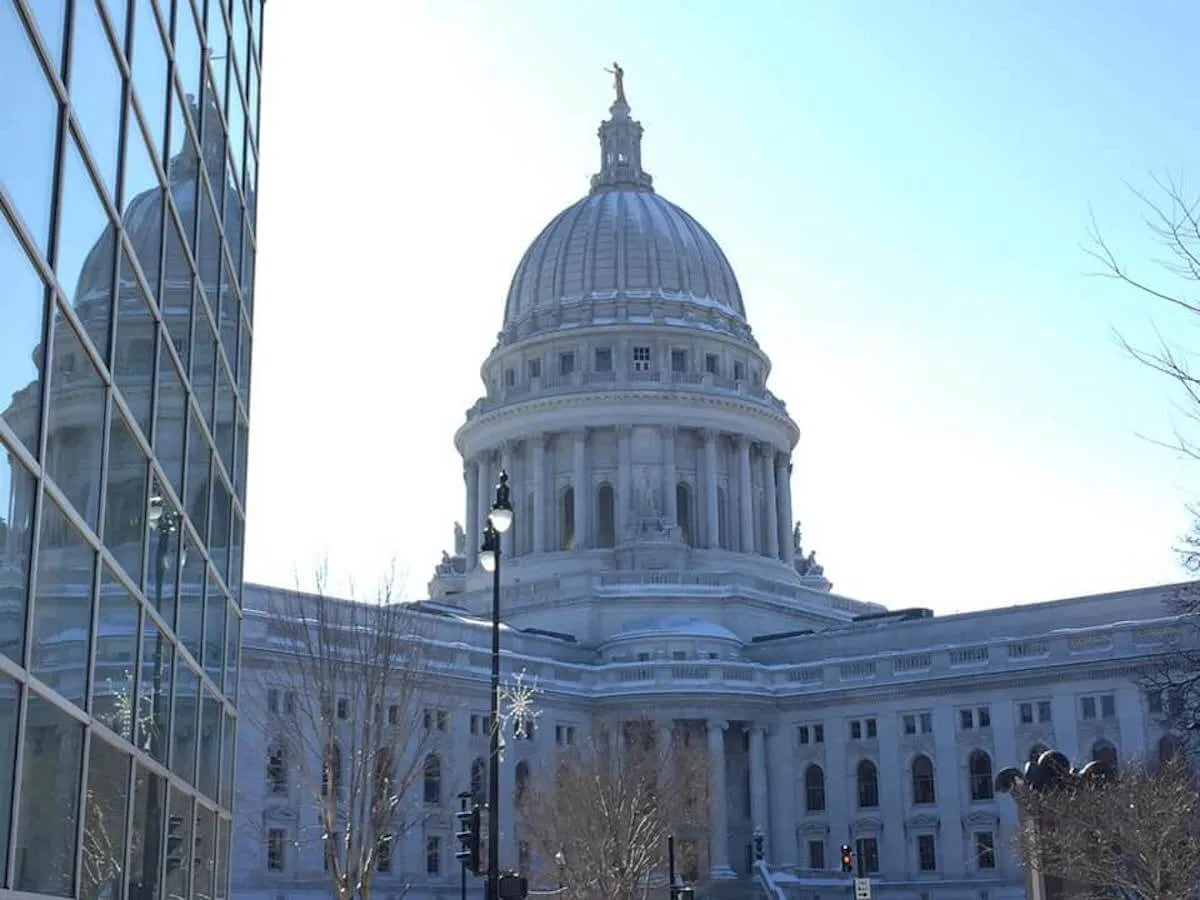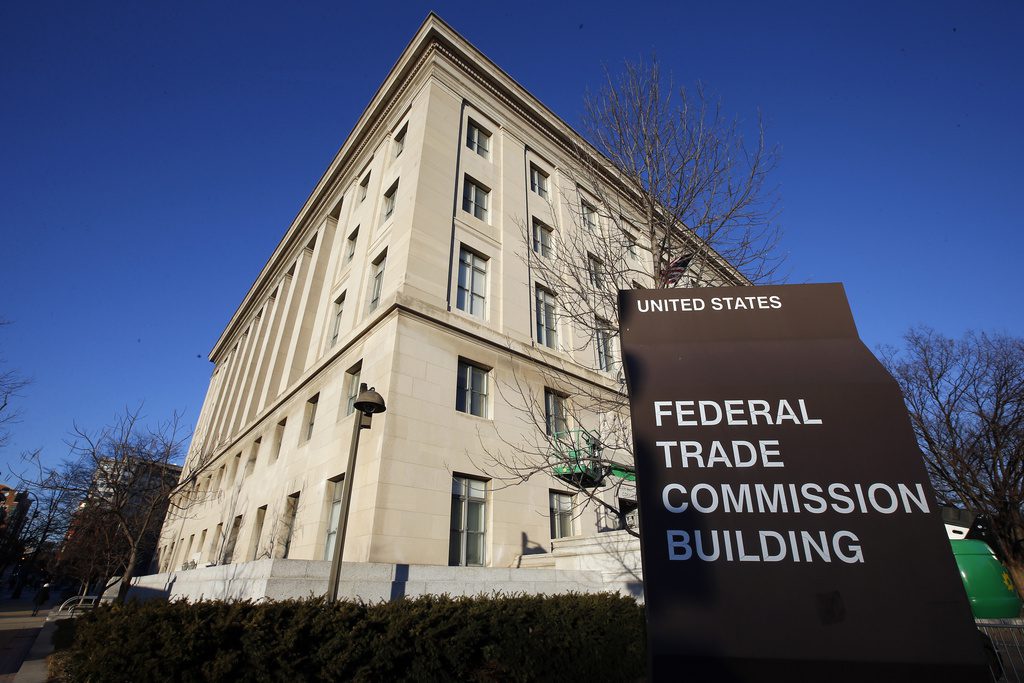
#image_title
#image_title
Assembly committee met rarely. Lack of expansion will cost taxpayers $2 billion.
It’s where Medicaid expansion bills went to die.
That’s how Rep. Debra Kolste, D-Janesville, describes the Assembly Committee on Medicaid Reform and Oversight. She is one of three Democrats who serve on the nine-member committee which was formed last year and has rarely met.

The decision to expand Medicaid coverage, known in Wisconsin as BadgerCare, has been a politically divisive issue since former Republican Gov. Scott Walker was in office. He, along with the GOP-controlled Legislature, refused to accept federal money to expand Medicaid, which became an option after the Affordable Care Act was signed into law by former President Barack Obama in March of 2010.
That decision will have cost Wisconsin taxpayers more than $2 billion by 2021, even as other states led by Republicans have decided to accept the money and provide more health care coverage.
When Gov. Tony Evers defeated Walker in 2018, his campaign stump speech included accepting federal dollars to expand the program. Evers says his victory is due in part to his stance on the issue and cites consistent polling that at least 70 percent of state residents support expansion.
Last May, the state’s powerful budget-writing committee removed the expansion when given Evers’ first budget since his election. Republicans then said a committee would be established to address future Medicaid-expansion requests.
It was created, but rarely met. Kolste said it did pass three bills out of committee, two of which became law, while nine more, including two she is sponsoring, languish in committee.
“The committee is where our bills (bills sponsored by Democrats) go to die,” said Kolste. “I have two bills sitting in there right now unaccounted for.”
Kolste said she thought her bills “stood a chance,” as both aim to help mothers who recently have given birth maintain their health insurance through Medicaid for one year if they meet income eligibility requirements and struggle with opioid dependency. New mothers currently lose insurance coverage after 60 days.
Kolste said the lawmakers have worked on passing more than 30 bipartisan bills in recent years to address dependency issues in all populations. This gave her hope her bills would move out of committee, too.
“To be honest, I thought it would gain some traction. But it did not,” she said. “It would have a lot of impact. You can go to any county and see the impact opioids are having on the foster care system.”
Efforts to reach Rep. Rob Summerfield, R-Bloomer, the chair of the committee, Monday were not successful.
If the Medicaid expansion were to occur, it would cover people who earn up to 133 percent of the federal poverty level, instead of just those at or below the poverty line. It also could have brought $1.1 billion to the state from 2014 to 2019, according to the Legislature Fiscal Bureau.
In a letter to her constituents posted Monday, Senate Minority Leader Jennifer Shilling, D- La Crosse, said legislative Republicans have maintained Walker’s ideological agenda by removing Medicaid expansion from Evers’ state budget proposal on the very first day of deliberation.
“Bottom line, these political games are just irresponsible, and they are costing taxpayers money,” Shilling said.
In this budget cycle alone, accepting the Medicaid funding would have saved $324.5 million in state taxpayer money, and brought in over $1.6 billion in additional federal dollars for health care services, Shilling said in her letter.
Because Wisconsin is not expanding its program, taxpayer dollars that would have come from Washington are spent in other states, Shilling said. According to the state Department of Revenue, Wisconsin taxpayers will pay more than $2 billion over the next two years in federal income taxes for other states like Illinois and New Jersey to expand their Medicaid programs.
“The situation is frustrating because actually taking the expansion money is so sensible,” Kolste said. “We would save state dollars, attract more than a billion federal dollars into the state and our tax dollars would not be spent for expanding the program in other states.”
Politics

Biden administration bans noncompete clauses for workers
The Federal Trade Commission (FTC) voted on Tuesday to ban noncompete agreements—those pesky clauses that employers often force their workers to...

Opinion: Trump, GOP fail January 6 truth test
In this op-ed, Milwaukee resident Terry Hansen reflects on the events that took place on January 6, the response from Trump and other GOP members,...
Local News

Readers Poll: Top Bowling Alleys in Wisconsin
Looking for the best bowling in Wisconsin? Look no further! Our readers have spoken in our recent poll, and we have the inside scoop on the top...

8 Wisconsin restaurants Top Chef judges are raving about
Top Chef’s 21st season is all about Wisconsin, and on-screen, it’s already apparent that the judges feel right at home here. But, while filming in...



